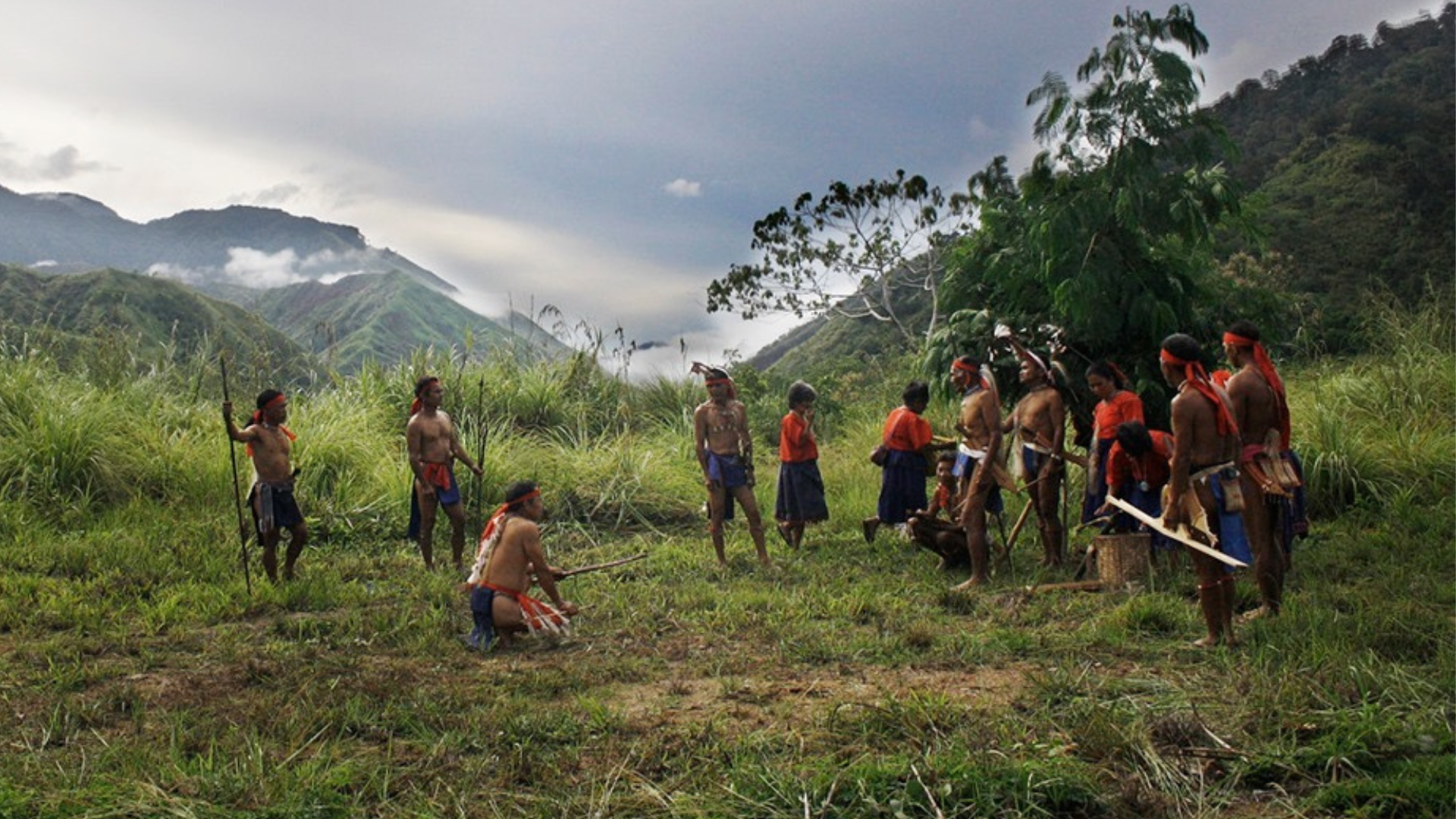Water & Sanitation supports and assists local development initiatives by working in partnership with the local authorities and nonprofits to help plan, design and build necessary infrastructure such as access to drinking water (not just clean water), provide wastewater treatment solutions, and develop road networks. They also worked to build the knowledge of local engineers.
Read MoreThe women of Tabby’s began with a goal of making 20,000 hand-sew masks for free distribution. They ended up making and distributing over 75,000! In addition to distribution in the immediate communities of the Tabby’s women, they partnered with local NGOs who provide essential services to children’s homes, slums and poor rural communities. This targeted goal also provided employment for up to 16 women for 2 years. This was made possible through a $30,000 fund-raising campaign.
Read MoreDeep within the rural communities of the Philippines, live some of the poorest of the country. The communities covered under this project are rural tribal communities (called Barangays) situated in remote mountain areas within the municipality of Dupax del Sur, in the province of Nueva Vizcaya. Within Dupax del Sur, Abaca & Talbek (the Bugkalot barangays) are some of the poorest barangays, given their remote location, low education level, lack of infrastructure, and low economic activity.
Read MoreGlobal Feather is more than rehabilitation; it’s building community equality for those with disabilities. Job-site consultation provides employed adults with disabilities improved skills and communication with their employers, promoting inclusive decent work for all. Local rehab workers are given special training to provide better care, scale, and sustainability. Group classes also foster a strategy to manage this need within the local community affected.
Read MoreWhile certain parts of India had already experienced the rise of freelancing and co-working spaces, other regions found it difficult to embrace freelancing, especially among women. In the eyes of those around them, freelancers are often seen as lazy and foolish, bringing shame to the family. Their choice of profession is therefore risky and because of the lack of support and exposure to opportunities, many creatives become discouraged and give up, losing much of their passion and potential to the demands of family and society.
Read More




